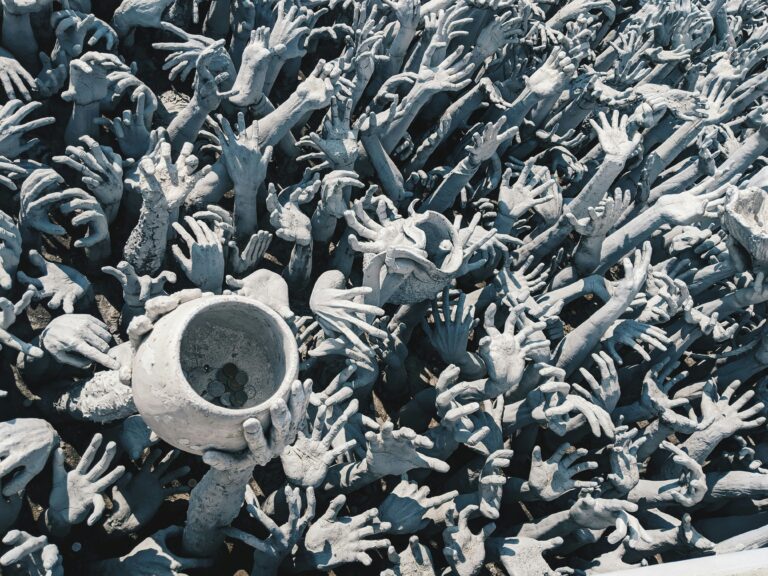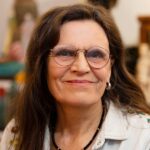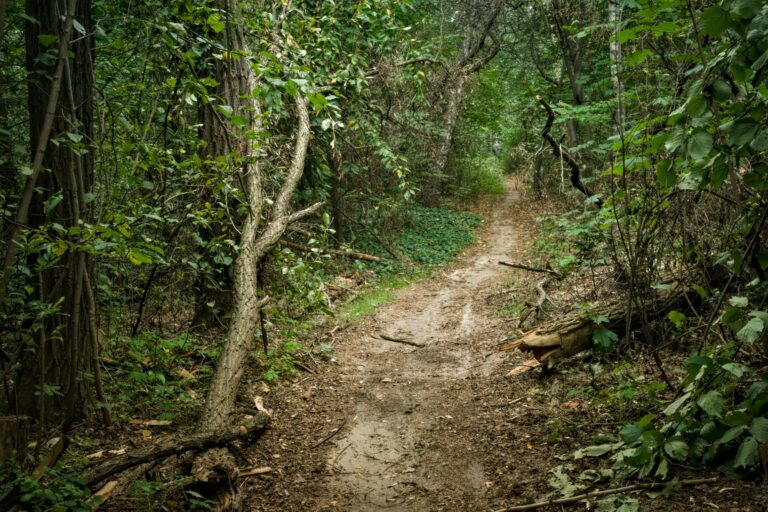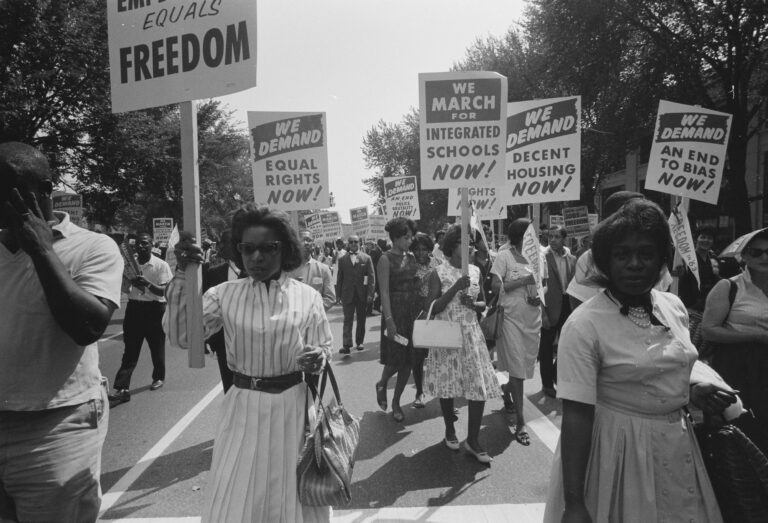Interview with Christiana Figueres and Tom Rivett-Carnac by Sam Mowe
When it comes to the climate crisis, expressing optimism can come across as being out of touch with reality. And yet, this is exactly the mindset we need if we are to avoid irreparable damage from climate change, say Christiana Figueres and Tom Rivett-Carnac.
Figueres served as executive secretary of the United Nations Framework Convention on Climate Change during the Paris Climate negotiations, and has said that Vietnamese Zen master Thích Nhất Hạnh’s teachings helped her find the fortitude she needed to finalize the 197-nation agreement. During the negotiations she worked closely with Tom Rivett-Carnac, a senior strategy advisor to the UN who lived as a Buddhist monk for two years.
In their new book, The Future We Choose (Knopf, February 2020), Figueres and Rivett-Carnac stress two scientifically established goals for staving off the worst effects of climate change: halving global emissions by 2030 and reaching net zero emissions by 2050. To accomplish these goals, they say, we need to start with the counterintuitive task of looking inside ourselves. Tricycle spoke to Figueres and Rivett-Carnac about their Buddhist practice, climate solutions, and how to co-create the world we want.
I’m devastated about climate change and feel helpless to make any meaningful contribution to address the problem. What can I do?
While fear paralyzes, gritty optimism reminds us that we are actually making a choice about the future with every decision we make today.
Christiana Figueres (CF): Solving the climate crisis involves many issues and solutions. However, all of them point toward radically cutting emissions in half over the next decade. In order to achieve this, institutions, companies, governments, and individuals must all play a role. Individuals often feel their actions are less important, but that is simply not true. The most effective way to move beyond fear is to take action.
However, even before jumping into action, the most important step we can take is to change our mindset. While fear paralyzes, gritty optimism reminds us that we are actually making a choice about the future with every decision we make today. We can choose to not only avoid the worst impacts of climate change but, in fact, build a world that is better than the one we have now. We can and we must choose to play our part, with compassion, clarity, and courage, collectively building the path toward the necessary transformation.
But the actions available to me at the individual level feel utterly incommensurate with the task at hand. Is the idea that if a critical mass of us start down this path of taking the actions within our reach, that more possibilities open up for us collectively?
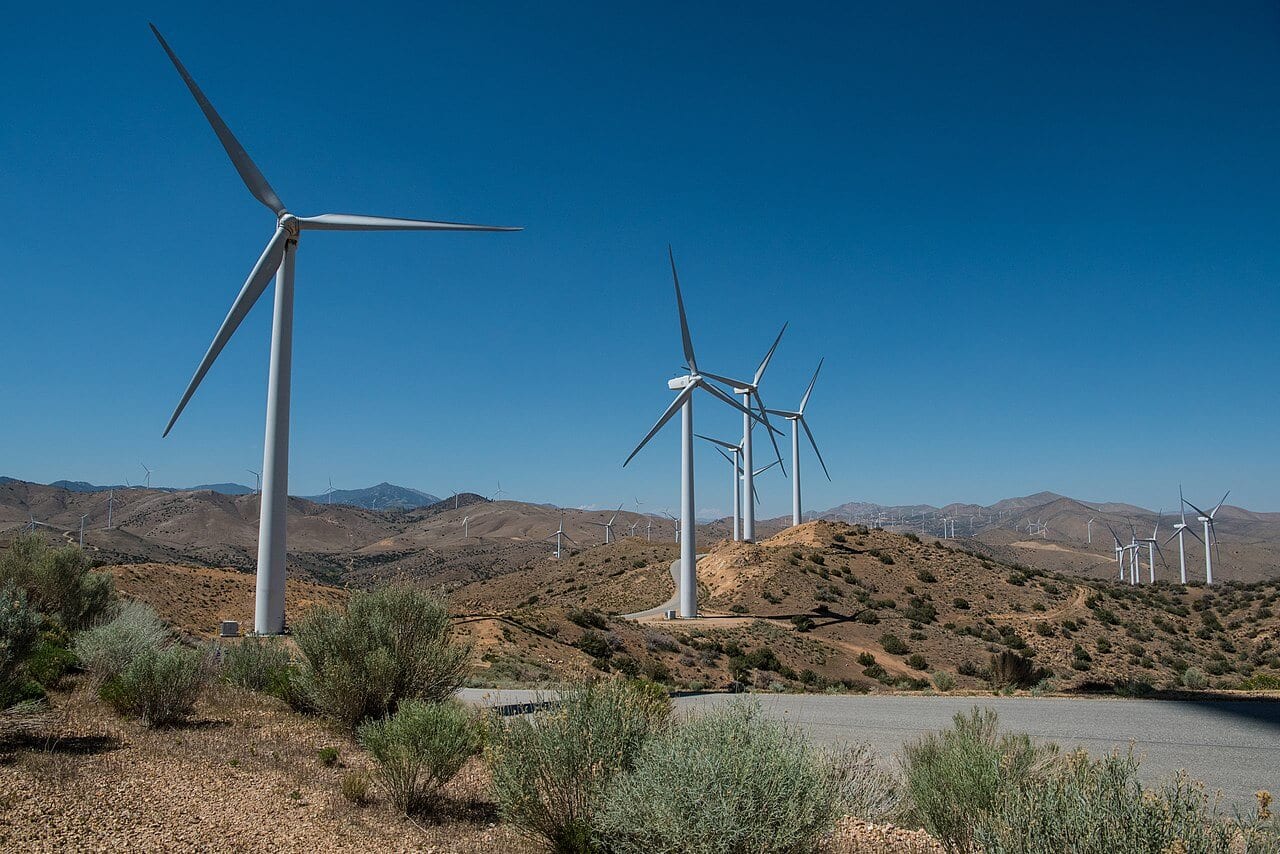
CF: The first step we outline in The Future We Choose is coming together to decide that, yes, we can do this. It’s imperative that we make this decision as a collective because one person cannot reduce global emissions by 50 percent in the next decade, but each person, each family, each community, each city, each corporation, and each country can reduce their emissions by 50 percent over the next ten years. After that, the other actions we call for are not only about moving beyond fossil fuels and investing in technological solutions, they also call for a fairer economic system that does not strain the social net even further, they call for strong political engagement by everyone, and for relinquishing nostalgia for a past that might be dangerous to recreate.
Tom Rivett-Carnac (TRC): The additional pieces may feel remote from the issue of climate change, but they are fundamental parts of our response. We must reject the cycle of blame and retribution and embrace the shared endeavor we so desperately need. We cannot strain the social safety net and continue to expand inequality, or else our democratic systems will refuse to allow further changes to the economy. We have to get our arms around the whole issue at the same time.
CF: It is not simply about making minor changes to lifestyle, although those can be important too; it is about transforming our collective priorities in order to create a future in which all of us may thrive. It will involve developing and utilizing positive qualities of mind and using them to take greater steps toward creating a new world.
Even though so many important and necessary commitments came out of your work on the Paris Agreement, few countries are meeting their goals. And, of course, the US withdrew from the agreement. With ten years to cut our emissions in half, how can we possibly move fast enough?
CF: The Paris Agreement of 2015 was the first global climate pact to be unanimously agreed by every nation on earth. It was a historical breakthrough that outlines a path for all citizens of the world. The agreement is constructed upon a five-year cycle of ever-increasing efforts to reduce emissions. The first collective effort was registered in 2015. The second collective effort is set for this year 2020. More than 100 countries have already stated that they are preparing their next level of effort. Most of these countries are small economies and together they will not impact the trajectory of global emissions, unless the larger economies do their part as well.
We must reject the cycle of blame and retribution and embrace the shared endeavor we so desperately need.
What has come as a surprise in the last few weeks is the unintended drop in global greenhouse gas emissions due to the economic downturn in the wake of the COVID-19 pandemic. While this might seem like good news for climate change, it is actually not. Real and lasting decarbonization must be the result of measures which move us beyond fossil fuels, clean the air, strengthen the economy, improve transport, and produce more jobs. Many governments and corporations are moving in that direction but much more remains to be done in order to avoid the worst impacts of climate change.
TRC: The current crisis has shown that we humans are able to act individually and collectively, in our own self-interest, and turn things around. Policy makers need to see this as a golden opportunity, to bring people along with them in making climate-resilient regulation and setting the direction of public finance toward emissions reductions at scale.
How has your Buddhist practice informed or shaped your climate work?
We were blessed to know that, ultimately, we are all interconnected with one another and with all other living beings, and it is this interconnection that guides our path forward.
TRC: There are many insights from our Buddhist practice that have been crucial to our work on the climate. We can start with our understanding of impermanence, which served to lift our thinking beyond the thought that the past determines and defines the future. We can all acknowledge that we are constantly in a process of change, and that our past fossil fuel dependence does not have to restrict a future based on very different energy sources. We were also helped by our commitment to deep listening. All too often our instinct is to point a finger at those who we think are responsible for climate change, but we know that blaming and demonizing gets us nowhere.
CF: Early on in our path toward the Paris Agreement we understood that our work to bring all countries to common ground was best served by suspending judgement and devoting ourselves to listening deeply to every participant to understand their respective needs and wants. It was through that deep listening that we were able to let collective solutions emerge at the right time and recognize the seeds that needed to be watered in order to blossom into fruition. Finally, we were blessed to know that, ultimately, we are all interconnected with one another and with all other living beings, and it is this interconnection that guides our path forward.
This article was originally published on Tricycle: The Buddhist Review. It is reprinted here with permission.



